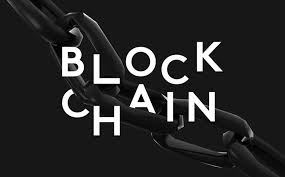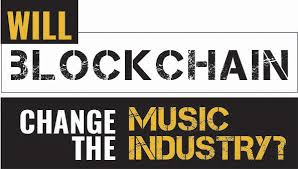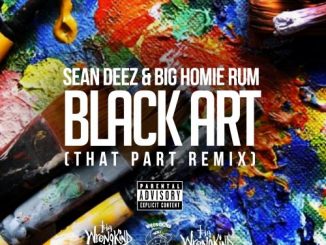
With the advent of technology moving us further into the digital space, it’s very easy to get caught up in the excitement and buzz for what’s next. The internet as we know has been in place for nearly 30 years and has contributed to massive growth in just about every area of our lives. With people taking back the control of their lives, social media being the go-to for all-things, consumers becoming industry drivers (as opposed to having to accept whatever was distributed) and entrepreneurship overall seemingly at an all-time high, we’re living in an exciting time. Apps are born by the second, thousands more are in development as we chop through our busy lives, and here we are adorned by yet another new technology. Blockchain.
So what is it? What does it do? Is it going to solve a problem or contribute to the constant clutter for resolutions? Well like anything, there’s always room for improvement and ease of use for keeping up with growing industries. The aim of this article is to provide a brief discussion of the Blockchain technology and its positive disruption to the music industry.
In use, however, as the technology continues in development Blockchain is simply a form of a non-centralized database. What that means is, the technology essentially allows digital information to be distributed throughout the space but not copied. I think of it as a fail-safe to prevent misuse and mismanagement. Another way to describe it is as an uninterrupted and emerging amount of information held on what are called ‘blocks’, linked and secured through cryptography. The protection is how each individual block holds what is considered jumbled parts of the prior block, transaction details, and a timestamp. Information/transactions can be recorded in an effective and verifiable way.
As it relates to the music industry, distributors and other production sources are centralized which can leave room for error and information made easily available for corruption and the likes of hackers. This is another reason many are in a call to action mode for more effective changes in the industry and accountability. One of the biggest problems found throughout is that while providing exposure to artists, digital platforms typically operate in their own lane…they don’t talk to each other so it leaves room to wonder what areas of information is really correct and truly in real-time. Critical information should be accurate and updated regularly across all networks. Blockchain acts to solve this and many other challenges in data.
As mentioned, as a result of relying on various centralized databases the music industry is open to costly problems namely the heavy burdens of managing royalties, inappropriate and mishandling of Rights Management, and Piracy. Consider how much more effective managers and artists would be if data were presented in more efficiently. These issues can quickly bleed into the overall success or failure of a career. These new insights are critical for strengthening and improving marketing and branding efforts especially living and operating in digital spaces. Blockchain was not developed for one industry as several have many of the same challenges which the technology can solve. For example, music is placed on various platforms like Apple Music, Soundcloud, Spotify, Google Play, etc, however, it’s not as simple to obtain a complete picture of what is or has happened throughout. Insights may be available on individual platforms but not collectively. Blockchain may be able to produce realistic insights more conclusively.
Piracy is costly and affects the overall sales of music resulting in huge losses. As a manager, executive, or label, are you also working towards efforts to reduce or even prevent the danger of piracy? Considering various distribution entities more effective Rights and Royalty Management are possible through blockchain. The technology can be incorporated into any business, product or service and are only a few pain points in the industry which blockchain is better prepared to resolve. Finally, this new technology is an ecosystem of added value and aims for higher standards, better security, accountability, and validity through record and connected systems.








Leave a Reply